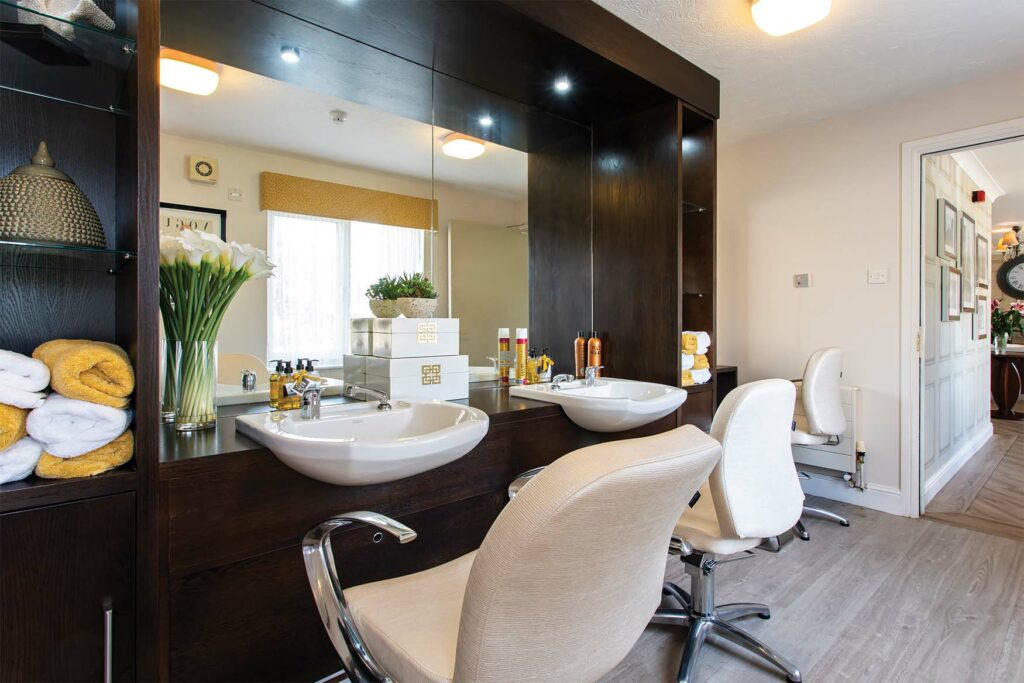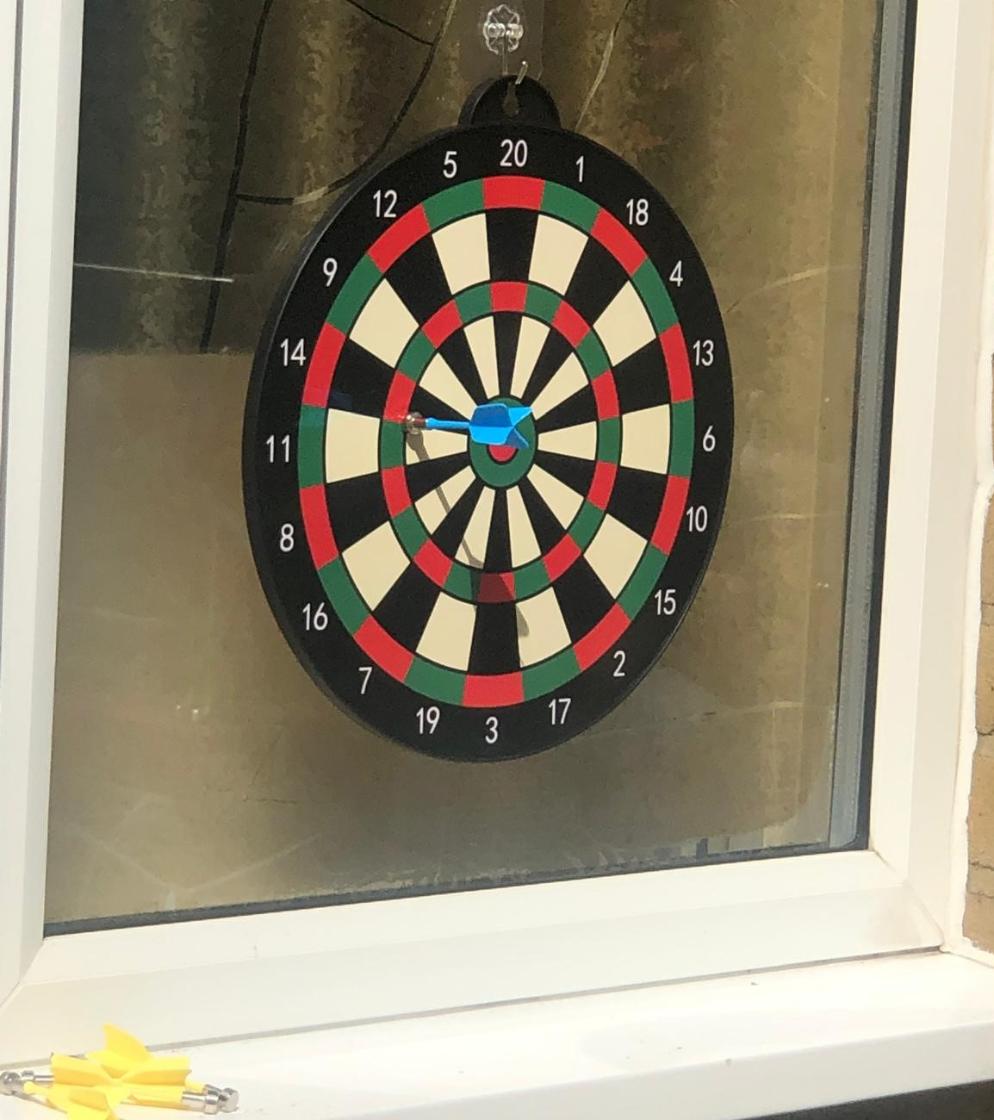How Much Do Care Homes Cost in the UK?

As the number of care home residents in the UK has increased by 3.1% in 2023 compared to the previous year, the demand for specialised care for people in the UK has grown significantly. This increase highlights the demand for care homes to address the varied needs of their residents. Because care homes provide various care services and amenities, individuals in need of care may struggle to determine the most suitable option for them and associated costs.
In this blog post, we explain the cost of care homes in the UK and what is included in these fees.

What is the Average Care Home Cost Throughout the UK?
Residential care typically costs less than nursing care due to the lower level of medical support required, as residents don’t need regular attention from registered nurses or specialist healthcare professionals.
When researching for the perfect care home that accommodates your needs, the geographical location significantly influences the associated fees. Areas like London are more costly to live in, which means care homes in London and the South tend to be pricier compared to those in regions like the North East of England, for instance.
What is the Fee Structure of Care Homes?
The fee structure of care homes in the UK varies from one facility to another. Some care homes charge fixed-term fees on a weekly or monthly basis, while others operate on a 'pay as you go' basis.
It's important to note that not all care services carry the same costs; residential care tends to be less expensive than specialised services like nursing care and dementia care. In some care homes, fees cover standard care, food, and accommodation, with additional charges for extras such as hairdressing, activities, and social outings. However, there are also care homes that offer an 'all-inclusive' approach, including all services for a higher flat fee.
Understanding the fee structure of a care home is crucial when making a well-informed decision and ensuring that your chosen care home can provide the necessary support without causing financial strain.
Residential Care
The fee structure of residential care typically includes personal care expenses, accommodation and meals. Residential care is well suited for individuals who require extra support with daily activities such as bathing, dressing, and mobility. Residential care costs are typically paid at a flat rate.
It's advised to discuss with the care home manager to clarify whether additional services, such as housekeeping, newspaper delivery, or laundry, are included in the fee to ensure a comprehensive understanding of the expenses involved.
Nursing Care
Nursing care is the preferred choice when individuals require one-to-one support, particularly in terms of health care needs. While nursing care is typically a more expensive option, it provides a comprehensive package that includes accommodation, support services, meals and crucially, around-the-clock care from qualified nurses.
This specialised level of care ensures that residents have access to medical support and expertise whenever needed, making it an essential choice for those with more complex health requirements.
Respite Care
Respite care is suitable for individuals requiring short-term assistance, often utilised during recovery from an illness or surgery. Respite care serves as a lifeline for caregivers seeking additional support, granting them the opportunity to take a well-deserved break while ensuring their loved one receives high-quality care and support.
Because respite care is designed for short-term needs, its weekly costs may be relatively higher compared to other care options.
Dementia Care
Dementia care is a specialised type of care that demands a skilled care team equipped to address the diverse needs of individuals living with the condition, ranging from mild to severe stages. While dementia care typically incurs higher costs compared to residential care, it can sometimes be more cost-effective as continuous nursing support may not always be necessary.
However, as the condition progresses, residents may transition to a nursing unit. Dementia care homes are designed with tailored room layouts, decor and dementia-friendly activities to enhance the wellbeing of dementia residents. These activities often include sensory activities, reminiscence therapy, and music therapy, and ensuring a supportive and accommodating environment.
What Do Care Home Fees Cover?
The specific care service you require will dictate the associated costs, which generally include a variety of services and amenities such as accommodation, meals, personal care, health care, and daily activities. It’s crucial to enquire about the fee structure of the particular care home and whether there are any extra charges.
All-inclusive Care Homes
All-inclusive care homes in the UK are gaining popularity for their convenience. These homes cover all expenses related to the services provided, including accommodation, meals, medical and personal care, as well as social activities.
While the cost of living in an all-inclusive care home is generally higher, it eliminates concerns about hidden or unexpected charges. This option offers peace of mind to individuals seeking care, as they can receive comprehensive support without the added stress of managing bills and other finances. However, it's essential to thoroughly review the fee structure of each individual care home to understand what is included in their specific offering.

Who is Responsible for Paying Care Home Expenses?
Generally, the individual in need of care is responsible for covering care home expenses. However, not everyone may be able to do so, in this case, the local authority might provide financial assistance based on an assessment of financial assets, typically considering whether they fall below a certain threshold. It's crucial to assess your financial situation when considering care homes and consult with a financial advisor to explore potential financial support options.
Is It Possible To Recieve Financial Assistance for Your Care Home Expenses?
Depending on your financial circumstances, you may be eligible for financial assistance to pay for your care home expenses. To find out whether you are eligible for this financial support, the first step is to apply for a means test through your local authority funding. This assessment evaluates your individual assets and income to determine if you qualify for financial aid.
If you have significant healthcare needs, you can also consider applying for NHS Continuing Healthcare (CHC) funding, which requires an assessment by a healthcare professional like a GP, social worker, or care home manager.
If neither of these options are available, you might have the opportunity to enter a deferred payment scheme with your local council, where they cover your care costs, to be repaid from your estate when certain assets are sold or upon your passing. It's advised to undergo a financial assessment before selecting a care home to determine your eligibility for these options and ensure you find a suitable care home.
Local Authority Fundings
This form of funding involves the local authority providing assistance to individuals for their care home or nursing home expenses. It includes a means test, which is a financial evaluation of an individual's assets and income. If the person qualifies for financial support from their local council, they will receive payments to cover the essential home fees.
The specific amount can vary depending on the council's policies. In some instances, individuals may be eligible for partial care cost coverage, and a top-up fee might be necessary if the care fees exceed the council's contribution. It's important to note that most councils typically cover only the care expenses and do not contribute to personal allowances for items such as beauty treatments, personal items, or social activities.
Not all care homes accept funding from local authorities and may cater exclusively to privately paying residents.
NHS Funding
NHS Continuing Healthcare funding, often referred to as NHS CHC, is a care support package designed for individuals with significant healthcare requirements. This type of funding covers nursing home fees and various health-related expenses. Unlike local authority funding, NHS-funded nursing care does not involve means testing but relies on an evaluation conducted by a multi-disciplinary team.
Eligibility for NHS CHC is determined by an individual's healthcare needs, specifically if they have a 'primary health need’ with severe disabilities, long-term health conditions, diseases, or terminal illnesses. Those meeting this criteria have all their care costs covered, including accommodation, meals, nursing care, personal care, and additional healthcare expenses.
It's important to note that NHS Continuing Healthcare funding does not guarantee eligibility, so it's advisable to explore other available options like local authority support or deferred payment agreements.
Self-Funding Your Care Costs
Some people can pay for their care independently, covering all costs including personal and medical care. Before considering nursing homes or care homes, it's important to assess your financial situation to make sure you can afford the facility you choose. Fees vary depending on factors like location, size, available amenities, and the level of care provided, so it's essential to take these aspects into account when searching for the most suitable care home.



Receive Outstanding Care At The Hazelwood Care Home
Hazelwood Care Home is located in the North Kent countryside and is a purpose-built, care home providing outstanding Dementia, Nursing, Respite, Palliative and Residential Care. We provide a supportive and loving atmosphere encouraging each and every one of our residents to live life to the fullest with a range of activities and facilities available.
Our expert team at the Hazelwood provide an all-inclusive setting, catering to individual interests and hobbies. Whether our residents prefer enjoying a movie in our cinema room, exploring the local community, or spending time in our gardens, we ensure a diverse range of activities and experiences to meet all preferences.
Find Out More
Should you have any questions regarding the costs associated with our care or the services we offer at Hazelwood Care Home, please feel free to reach out to us.
You can contact us via email at info@hazelwoodcarehome.com or by calling 01474 573 800. Additionally, you can complete our online form available on our contact page, and a member of our team will promptly respond to your inquiry.





